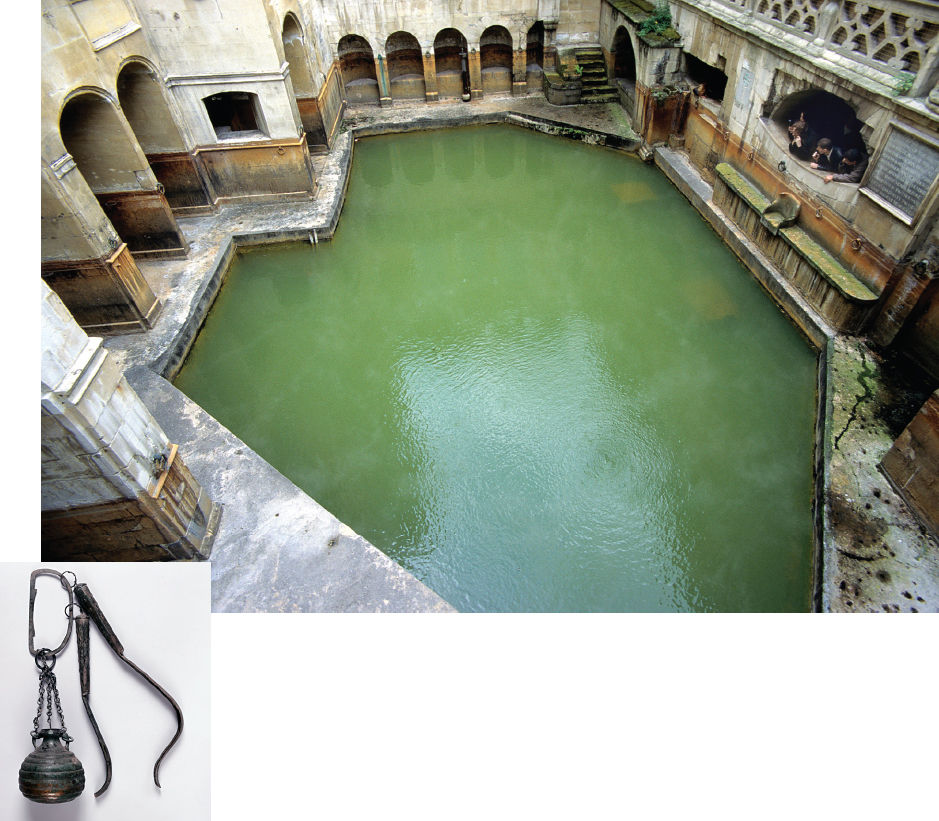Greek Influence on Roman Culture
Many aspects of life did not change greatly during the Roman expansion. Most people continued to marry and form families and to live in the countryside, with the rhythm of their days and years determined by the needs of their crops. But with the conquest of the Mediterranean world, Rome became a great city, and many other cities emerged as well. The spoils of war went to build theaters, stadiums, and other places of amusement. Romans and Italian townspeople began to spend more of their time in leisure pursuits. This new urban culture reflected Hellenistic influences. Romans developed a liking for Greek literature, and it became common for an educated Roman to speak both Latin and Greek. The new Hellenism profoundly stimulated the growth and development of Roman art and literature. Roman artists copied many aspects of Greek art, but used art, especially portraiture, to communicate Roman values. Portrait busts in stone were a favored art form. Those who commissioned them wanted to be portrayed as individuals, but also as representing certain admirable qualities, such as wisdom or dignity.
Greek influence was also strong in literature. Roman authors sometimes wrote histories and poetry in Greek, or translated Greek classics into Latin. The poet Ennius (EHN-
The conquest of the Mediterranean world and the wealth it brought gave the Romans leisure, and Hellenism influenced how they spent their free time. Many rich urban dwellers changed their eating habits by consuming elaborate meals of exotic dishes. During the second century B.C.E., the Greek custom of bathing also gained popularity in the Roman world. The Romans built more and more large public buildings containing pools and exercise rooms, and by the period of the early empire, baths had become an essential part of any Roman city.
The baths were socially important places where men and women went to see and be seen. Social climbers tried to talk to the right people and wangle invitations to dinner; politicians took advantage of the occasion to discuss the affairs of the day; marriages were negotiated by wealthy fathers. Baths were also places where people could buy sex; the women and men who worked in bathhouses often made extra income through prostitution. Because of this, moralists portrayed them as dens of iniquity, but they were seen by most Romans as a normal part of urban life.
